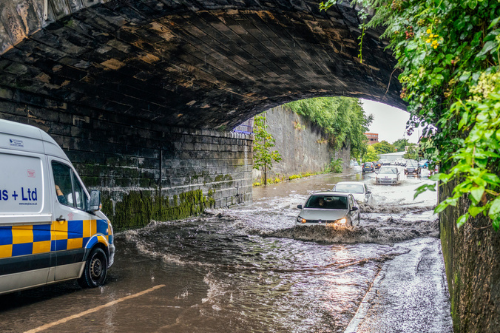

Flood-prone properties in Nelson could face insurance retreat in three decades, as would 10,000 homes in New Zealand’s four biggest cities due to the risk of coastal inundation.
That was what Victoria University of Wellington researcher Belinda Storey said at a Nelson-based webinar last Wednesday.
Read next: Nelson moves to bolster climate action
Based on the Nelson City Council’s river flood modelling, around 4,500 Nelson properties were located in a one-in-100-year flood zone and could lose insurance as a result. The council was quick to notify affected homeowners about this scenario.
Storey advised those who own homes as financial investments in flood zones to understand that “climate risk is not currently incorporated into the value of that property.”
When asked if the $44 million library that the council proposed to build next to Maitai River could be at risk of insurance retreat, Storey said she hasn’t undertaken a specific analysis of the location.
However, she said it was “likely” given that the proposed library was also within an inundation prone area.
The flood problem isn’t just limited to Nelson. A Storey report found at least 10,000 homes in Auckland, Wellington, Christchurch and Dunedin would be uninsurable by 2025. Wellington will be the first to lose access to affordable insurance in just 15 years, but Christchurch will be hit the hardest.
In response, vulnerable homeowners are likely to pressure the local government to spend more public expenditure on defences – a solution Storey warned against.
“That doesn’t hold,” Storey said. “When that defence fails, and it inevitably it will, there are more assets and more people in harm's way.”
Instead, Storey proposed a preventive measure using a model of “climate leases” that would stop new building in hazardous locations. This lease would put a time limit on a property, with use rights extinguished after that time.
“A council could say … yes, you can rebuild there, but you need to have vacated the property within this period of time, because this is the period of time that we believe safe occupation can occur,” Storey said.
